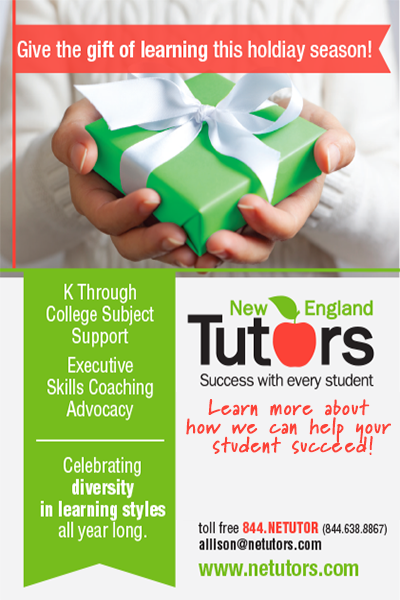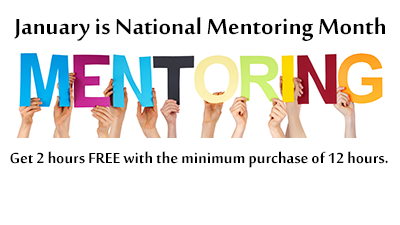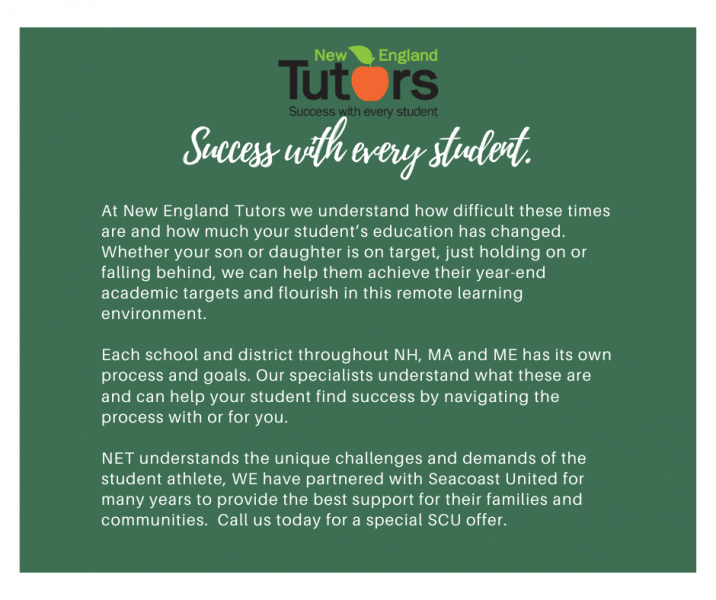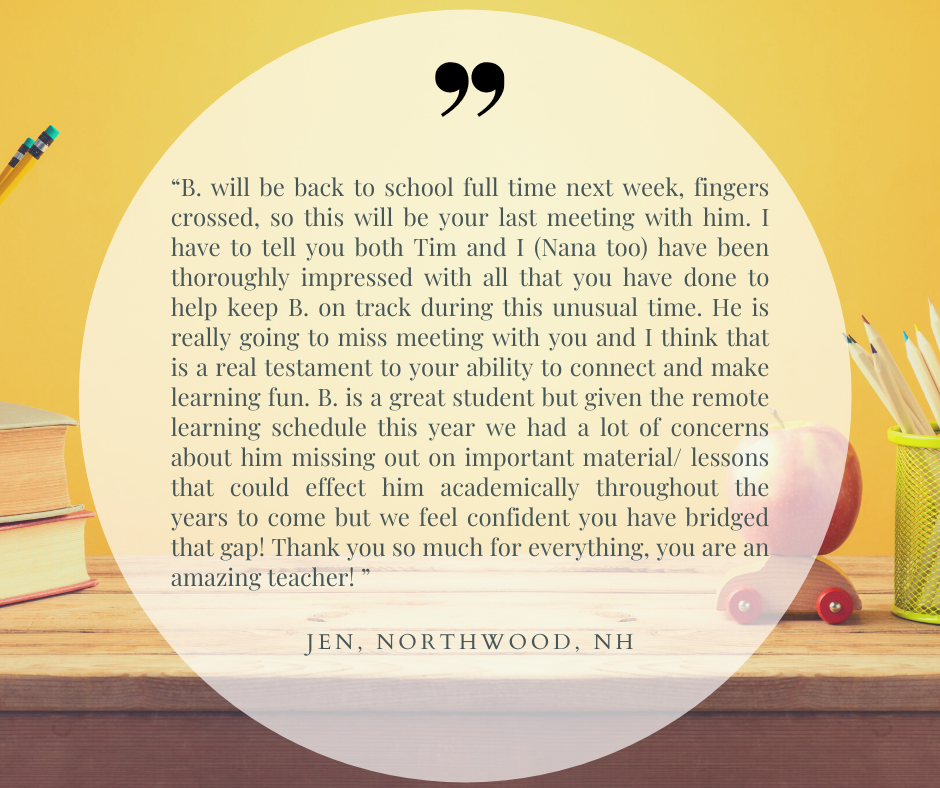Through my work, I see parents being forced—or being empowered, depending on the situation—to make a change in their child’s school. Whatever the reason for this change, it is almost always an emotional and lengthy process. Today, parents have more choices than ever before. And these options can be examined in relation to the particular child’s needs.
In our work with parents, educators, and school systems, we have been able to observe this variety of educational environments, and see how they work, and sometimes don’t work, across a range of situations.
There are definitely advantages and disadvantages to each environment, and I’ll get into that in a minute.
But first, here is the breakdown of numbers of students in the different settings in New Hampshire*:
| Public school enrollment | 178,947 |
| Public Academies and joint maintenance agreement | 4,276 |
| Public Charter schools | 2,097 |
| Non-public schools | 18,094 |
| Home schooled | 5,914 |
| TOTAL | 205,052 |
What I found surprising in these numbers is how many students are being home schooled…and how few students there are in Charter schools, given their reported popularity. But without question, there are many thousands more public school students than all the others combined.
A Google search through the types of school settings focusing on comparisons revealed to me that there are hundreds, and maybe thousands, of reasons why people switch from one setting to another. And that search also revealed the high level of emotion, admiration, and dislike for one over another. Of course that’s natural: it’s our child, after all!
If you are thinking of switching, you owe it to yourself to do the same research. But I’ve put together some of the advantages and disadvantages that I have experienced, and that I found as I looked into this subject. If you have more, I’d be more than pleased if you could share them with me.
First, one major advantage of the public school system is that they provide services for students with learning and emotional disabilities. Whole fields of study have emerged in the US to accommodate these students in school. It is most likely in the public school setting that you will find trained and experienced teachers who can work with learning and emotional disabilities. But although a private school may not have the resources, your school district still is required to provide the service even if your student is attending a private school. You can learn more about Private Schools and Special Education Services here: http://www.understandingspecialeducation.com/private-school.html
A second major advantage of public schools is that they often promote many options after high school including the trades, certificate programs, apprenticeships, and so forth. Usually, the teachers in the trade programs are retired tradespeople themselves, and have first-hand knowledge of what the world after graduation is like.
Public schools must, by law, accept all students into their system from a defined district. Everyone is guaranteed an education through the public school system.
Private schools tend to put more resources into offering experiential learning opportunities, non-traditional teaching programs, and focus on preparing the student for the rigors of college. Years ago, these schools were often given the name of the target college with “Preparatory School” added to the name, i.e., Rutgers Preparatory School, Harvard Preparatory School, etc. It is sometimes true that the guidance counselors at private schools have more direct contact with a number of colleges, thereby easing at least the introductory process for prospective students.
Private schools, being private, do not have to follow state regulations and bureaucratic guidelines. As you can imagine, this can be positive or negative. (In New Hampshire, there are two schools that fall in between public and private known as Public Academies: Coe-Brown Northwood Academy and Pinkerton Academy.)
Private schools also may be geared toward a religious belief, parochial schools being the most familiar of this type.
Public Charter schools are a new phenomenon within the last 40 years, starting slowly and mostly expanding by word of mouth, until now, all but eight states have chartering laws on the books (Alabama, Kentucky, Montana, Nebraska, North Dakota, South Dakota, Vermont, and West Virginia). Charter schools must follow some of the same regulations that govern public schools, but have greater freedom defined by their charter. One major difference is that they have an accountability provision, whose results they must meet or be closed for failing to perform. This accountability involves managerial and financial goals as well as academic. Further, parents must choose to have their child attend a charter school, though all students have the opportunity to enroll.
Generally Charter schools are created by a group of parents, teachers, and others who believe they can do a better job of the educational environment than they find in their districts. It is still too early to make an assessment of this experimental system.
Finally, homeschooling is a choice that at first glance looks inviting, but turns out to be the most challenging, both for the student and for the parent or in-home tutor. Homeschooling can provide unique learning experiences, as there are generally no time limits or other organizational barriers. Homeschooling can be a perfect fit for a student who is gifted (accelerated programing with no limits) or a student who needs to go at his or her own pace. Homeschooling assistance organizations caution parents that this can be a very difficult, but very rewarding alternative. Lack of social interaction with other children, little “time off” for the parents, and an enormous commitment to learning each subject of study on the part of parents are some of the major roadblocks to homeschooling.
While this is a very quick overview, we at New England Tutors do have wide experience with all types of educational environments. Please don’t hesitate to get in touch with us if you would like help in your own exploration of the alternatives.
*New Hampshire Department of Education, Division of Program Support, Bureau of Data Management, http://education.nh.gov/data/attendance.htm











